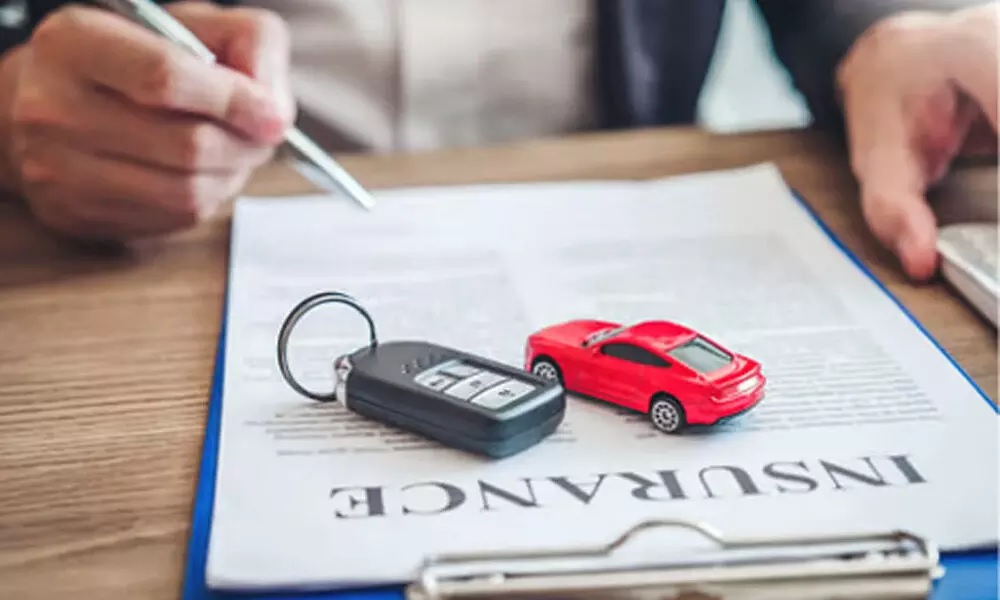The Dos and Don’ts While Filing a Car Insurance Claim

Collecting proof to back up your claim is crucial whenever you are involved in an accident. Take pictures of the situation, showing your car’s damages, injuries, and the surrounding area.
Additionally, gather witness testimonies and, if applicable, get a copy of the police record. These pieces of proof can support your claims and give your insurance provider the essential paperwork.
Don’t Delay Reporting the Incident
Delaying the accident report to your insurance provider is a standard error. Inform your insurance provider immediately about the incident because many policies have deadlines for submitting claims.
Do Read and Understand Your Policy
Read your car insurance policy entirely before submitting a claim. Know the coverage limits, deductibles, and any particular clauses or exclusions that may impact your claim.
Knowing your policy will make it easier for you to navigate the car insurance claims procedure and ensure that you don’t miss any crucial information that could affect your eligibility for coverage.
Do Document Medical Expenses and Injuries
Recording all medical costs and injuries related to the accident is essential if you or your passengers were hurt in the collision. Record all healthcare expenses related to the accident, including doctor visits, medicines, and other invoices.
Get medical records and reports from medical professionals. This documentation will back up your car insurance claim for reimbursement for medical costs and guarantee that you get paid fairly.
Don’t Settle Too Quickly
Don’t settle the claim quickly, especially if you require money immediately; taking your time with the procedure is crucial. Before accepting any offers of settlement from your car policy, determine the entire amount of the harm and injuries. If required, seek advice from a reputable lawyer to ensure you are adequately reimbursed for your losses.
Do Cooperate with the Claims Adjuster
When you file a claim, you will probably be given a claims adjuster to evaluate the damages and assist you throughout the procedure. It is imperative to completely cooperate with the adjuster and deliver all needed information and paperwork as soon as possible.
Respond to their inquiries honestly and offer any extra information or proof they may require. Developing a good working relationship with the claims adjuster can facilitate faster and more efficient car insurance claims procedures.
Discretion
When claiming car insurance cover, remember that obtaining evidence is crucial. Take detailed pictures of the accident site, any injuries, and the surrounding area. These images support your claim in a big way by providing concrete evidence. Obtain witness statements and, if applicable, a copy of the police report and the images. These forms of proof give your car insurance company vital documentation.
Take the time to carefully study and comprehend your car policy before moving forward with your claim. Know the coverage limitations, deductibles, and any special rules or exclusions relevant to your circumstances. Before accepting any offers of settlement from your car insurance carrier:
- Take the time to determine the entire amount of damages and injuries.
- If required, seek advice from a reputable lawyer to ensure you are adequately reimbursed for your losses.
You will have a claims adjuster to evaluate the losses and assist you throughout the claims procedure. It is imperative to completely cooperate with the adjuster and deliver all needed information and paperwork as soon as possible.
Parting Words
Even though making a car insurance claim can be difficult, you can accomplish it by following the dos and don’ts listed in this blog. Document medical costs and injuries, report the occurrence soon, read and understand your policy, gather proof, avoid settling too quickly, and work with the claims adjuster.
You’ll be able to submit car insurance claims more quickly if you go by these suggestions.
Last but not least, filing a car insurance claim demands close attention to detail and adherence to a set of rules. You can manage the process more successfully by assembling evidence, reporting the occurrence immediately, comprehending your policy, recording medical costs and injuries, and working with the claims adjuster.
FAQs:
How long will I have to file a car insurance claim after an incident?
It varies, but most car insurance policies have 24 to 72 hours.
What actions should I take if the other driver in the collision lacks insurance?
Notify your car insurance provider and think about submitting an uninsured motorist claim.
Can I file a claim if the accident was not my fault?
You can claim with the driver’s company, if he is the one at fault, or your own. It depends on your car policy.
What documents are needed to file a car insurance claim?
Gather photos of the accident, witness statements, police reports, and any medical bills or reports related to injuries.
Is it right to accept the first settlement offer from my insurance company?
Assessing the full extent of damages before accepting any settlement offer is recommended.
